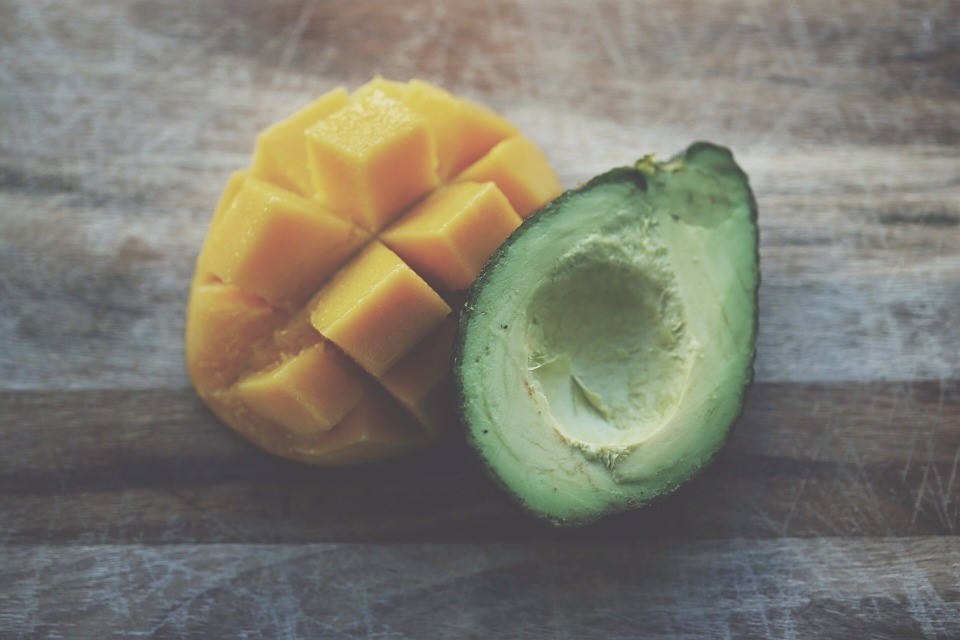If you suffer from incontinence, you will understand how difficult it can be the manage the symptoms on a daily basis. It seems like you spend your day planning every toilet visit and making sure you have plenty of incontinence products to manage any accidental leaks of urine.
The good news is that there are plenty of treatments and options for incontinence, from pelvic floor muscles exercises, bladder re-training, medication and the possibility of surgical intervention too. However, there are smaller changes that can have big impacts on incontinence, and that is the food and drink we consume.
This is especially true when you have an over-active bladder. This is when the lining of the bladder is irritated, causing an urge to urinate on a frequent basis. This urge can also be immediate and thus, you may leak urine before you reach the toilet.
There is no dietary cure for incontinence but it is known that some foods and drink can make an overactive bladder feel more irritated. Making dietary changes should be done with the help of your GP or a specialist incontinence nurse and can, in many cases, work well especially when practicing pelvic floor exercises or using other incontinence products and aids.
There are some foods that can help with incontinence and here are five of the best!
#1 Nuts, seeds and legumes
Edible legumes include soya beans, lentils and other kinds of pulses and by building more of nuts, seeds and legumes into your daily diet, you are building in an important food group. Nutrition experts suggest that by eating nuts, seeds and so on that are natural, unprocessed and as close to their natural state of possible, the more effective they will be.
A 115 gram or half a cup serving of each of these food groups will add six to eight grams of fibre to your diet.
#2 Fruit and veg…
… but the right fruit and vegetables!
Citrus fruits are acidic and this means that they have potential to irritate the bladder. They are also a diuretic which means that they ‘encourage’ the body to urinate more. This is why many low-fat or diet plans will contain high levels of citrus fruits such as lemon, as well as tomatoes and so on.
Therefore, eating the right fruit and vegetables is important. Cut out or lower your intake of citrus fruits and instead focus on those high in fibre such as peas, sweet potatoes with their skins on and broccoli.
#3 Breads, cereals and rice
A common factor relating to incontinence can be slow transit of food through the digestive system. Being constipated on a frequent basis or passing hard stills can contribute at accidental leaks of urine.
Increasing your intake of fibre and water simultaneously, will help to decrease constipation and hard stools. Thus, eating wholemeal bread and cereals and brown rice that are as unrefined as possible is key to maintaining a healthy digestive system.
#4 Water
When suffering from urinary incontinence, especially an overactive bladder where you feel you are always going to the toilet, it can seem counter-intuitive to drink more water.
A sensitive or over-active bladder has a lining that is irritated and sometimes, consuming more water helps because urine becomes less concentrated. This means the bladder can feel less irritated and not produce the urge to urinate all of the time.
When adding unrefined foods to your diet, you will also need to consume more water to help with the digestion and passage of this food too.
However, you need to drink water throughout the day – try adding an extra six to eight small glasses of water to your daily routine. It is best to sip water through the day, rather than taking it in in one large gulp. This means your system is working constantly to use the water and dilute urine.
Combine this increase in water with scheduled toilet visits too so that you start to regain control of your bladder.
#5 Meat and fish
Nutrition experts agree that lean cuts of meat along with fish are the best protein sources for the body.
However, when we add ingredients to them, we can sometimes be inviting trouble for an irritated bladder. Use non-acidic and healthy mono-unsaturated fats such as olive oil when cooking meat and fish.
There are also some foods that can be soothing to the bladder, such as avocado. Some people also find that cutting out caffeinated drinks or drastically reducing them, also helps an irritated or sensitive bladder.
HARTMANN Direct supply a range of high quality incontinence products suitable for men and women. Their range include light absorbency pads, through to heavy absorbency as well as other products that can help managing an over-active bladder easier.
